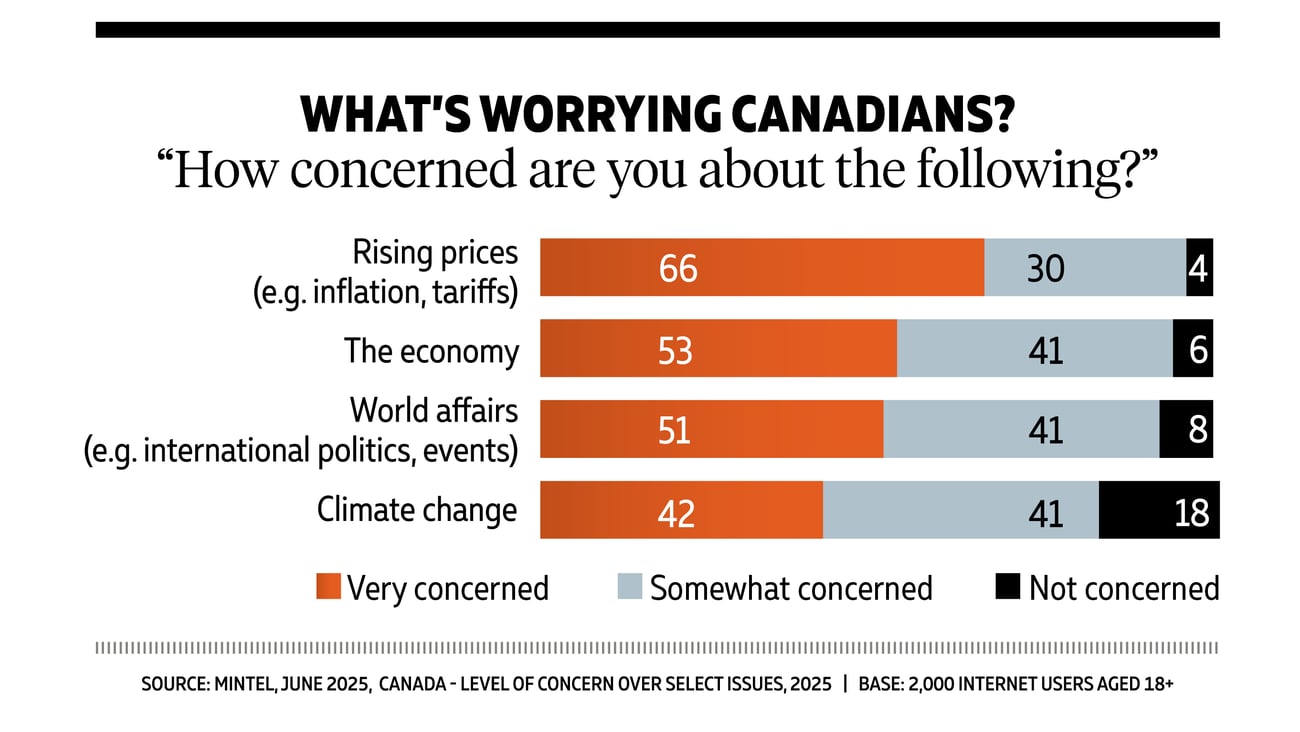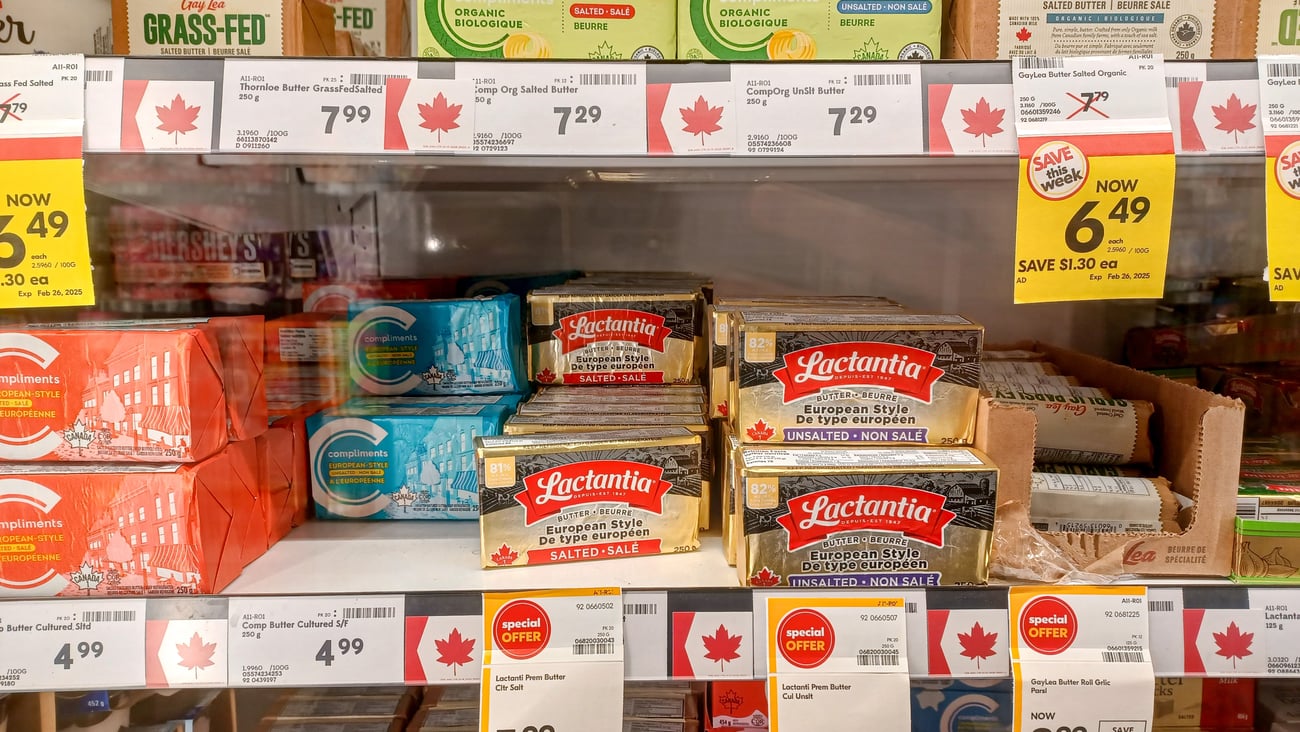Touting the real value of meal kits
Meal kits represent an evolution in how people cook. While much has been written about consumers’ cooking abilities, or the lack thereof, meal kits represent a way for those less familiar with the workings of a kitchen to have home-cooked meals prepared from scratch, guided by step-by-step instructions. The question is, do Canadians want meal kits?
Mintel’s new report on Delivery Services and Meal Kits provides some answers. When asked, one fifth of Canadians claimed to have purchased a meal kit and would do so again. An additional 26% said they haven’t, but they’re interested in trying. Combined, this points to half of Canadians being potential consumers for the format, whether ordered online or purchased from a grocer.
So, what appeals to Canadians when it comes to meal kits and what turns them off? For those who have used or who are interested in meal kits, easier meal preparation proves the biggest draw, followed by new meal ideas and healthy options. For those not interested, the two biggest hurdles are the perception that the kits are “too expensive” and that they “don’t know enough about them.”
One has to wonder if these concerns will subside should retailers invest more in meal kits and general awareness rises. A trip to Ontario-based grocery chain Longo’s, for instance, provides an example of a grocer that is doubling down on the format with an array of choices including “traditional” meal kits that come in a box, along with mix-and-match and heat-and-eat solutions. These different options provide shoppers with the flexibility to create meals based on their individual taste preferences and also in terms of how much effort they want to expend come mealtime.
Aside from ease, meal kits can make for a more efficient shopping trip, which can help negate concerns around cost. Half of those surveyed who know what meal kits are believe the format is a way to help them buy only the foods they need, which can also help them cut down on food waste and, by extension, financial waste. On top of that, two-thirds agree meal kits save time, with seven in 10 respondents also agreeing that meal kits make meal planning easier. The inherent value of meal kits is also reflected in the time not spent trying to decide what to make for dinner.
An added benefit of meal kits is that they allow consumers to venture outside their comfort zone. Three-quarters agree that meal kits expose them to new cuisines, which Mintel research consistently identifies as an area of opportunity. Furthermore, 70% view meal kits as giving them the confidence to prepare meals they might not have otherwise made. Meal kits, therefore, not only represent an opportunity to provide Canadians with convenient and efficient meal solutions, but also to expand consumers’ palates and provide greater assurance in the kitchen.
Today’s demanding consumers want fresh, quality meals but often lack the skills or time to make them from scratch. Meal kits’ real value is in simplifying the meal-decision and preparation process and giving consumers a chance to try new things. Focusing on these areas can help retailers realize opportunity with this emerging format.




